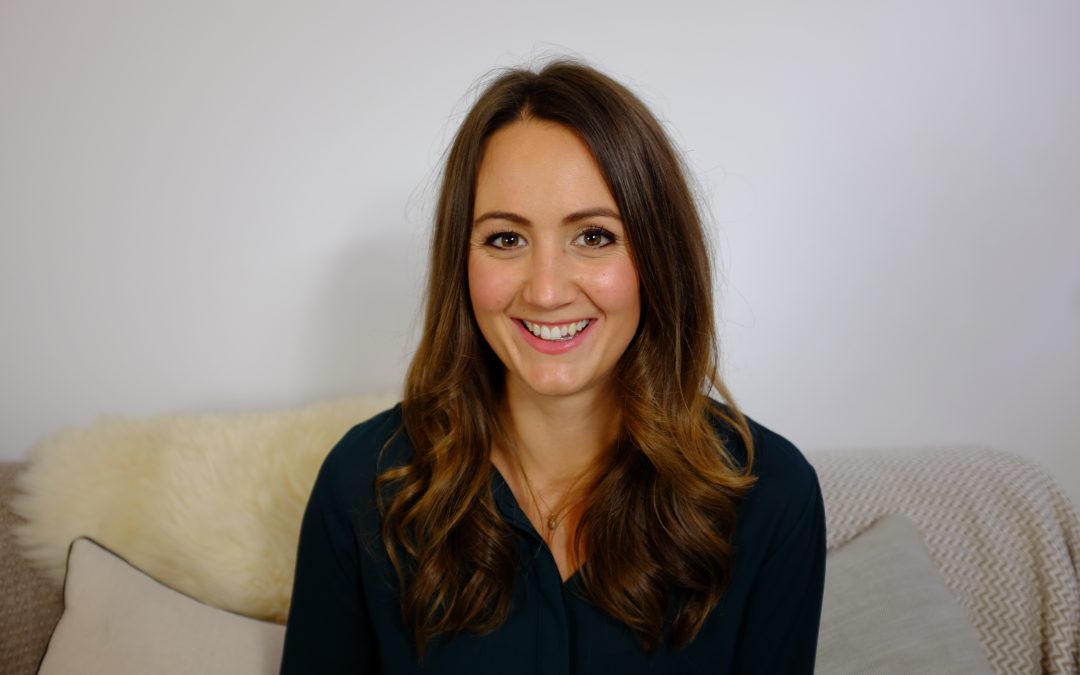
Becoming an Intuitive Eating Dietitian
Becoming an Intuitive Eating Dietitian
I’ve been a Dietitian for nearly 6 years (and studied Nutrition for 5 years)… That’s almost 11 years in the Nutrition Industry. You may be wondering why only recently have I started going (what looks like) against the grain, became and Intuitive Eating Dietitian and centring my support around the pursuit of “weight loss”.
How can someone just switch like that?
Well it’s been a journey, and quite a rocky one! I totally understand why it’s hard to get your head around not focusing on weight loss as a main goal, when we live in a culture that’s telling us left, right and centre that we need to be thinner to be healthier, happier and more successful. It’s taken me a year and a half to get my head around, and I’ve done degrees in this stuff!
As a Dietitian, part and parcel of the job is to continuously reflect on my learning, keep up with, and critically review the latest research and maintain flexibility in my practice. That’s exactly what I’ve had to do.
Nude Nutrition Blog
How to stop food obsession
This is what I’ve learnt before becoming an Intuitive Eating Dietitian…
For the last 5 years, I have supported clients through weight loss (amongst many other conditions) both in the NHS, and privately. They were never sold or promised a diet, rather it was about making small ‘lifestyle changes’ to improve health. However, weight was nearly always at the centre of the conversation about health.
Of approximately 200 clients, I would say 90% of them succeeded at achieving their goal… pretty incredible. They were sold beautiful tailored plans to stick to. The weight would fall off, and they would feel amazing.
However, as time went on (weeks, months and even years), the weight would come piling back on. They would feel out of control, and didn’t know what to do about it. They blamed themselves for lack of willpower and not being able to ‘stay on plan’ again. They of course would come back to me. The person they could trust. The person that helped them do it the first time.
As this happened more and more, I knew there must be something else going on. So I delved into the research, and linked up with various other professionals. That’s where I discovered a whole new area of non-diet nutrition. New research papers, new ways of practicing, and other professionals who had been through the same experience as me. Unfortunately, the non-diet Dietitians voice is not as loud as the weight loss message.
At first I felt confused and decided to shut out this whole area of dietetics. It went against a lot of what I knew and preached, and would discredit a lot of work I had done with individuals. But I couldn’t ignore it. It was on my shoulders, haunting me. The more I read into it, the more I freaked out and went back to what I knew and was comfortable with… that was weight loss and telling people what to eat or not eat.
I feel a little angry that I hadn’t learnt about this sooner. How could I obtain a first class degree from the top UK University in Nutrition Dietetics (King’s College London) and a distinction in my Masters in Clinical Research, but had never been opened up to this?
I now understand that it’s because most of this work is being done in the USA, Australia and Canada. It’s soon to seep into UK university courses.
As we look at the research to date, there is not one single study that supports sustained weight loss. Take that in for a moment… not one single study! 80-95% of those who lose weight, regain it within 5yrs, and 30-60% of those people, end up at a higher weight that first started.
So putting weight loss at the centre of changing health, is really like fighting a losing battle, and it can actually make peoples health worse. It’s ineffective, and unjust. I no longer feel comfortable supporting people through (what I now know) is such a painful and unnecessary journey.
So what is an Intuitive Eating Dietitian?
A non-diet dietitian will use a non-diet approach (like Intuitive Eating) to provide care. This approach is not about neglecting health or suggesting a ‘free for all’. It’s about improving physical and psychological wellbeing, without putting body weight at the centre. It does this by:
- Putting weight loss on the back burner, tackling food problems, and letting weight do its thing. The weight will settle where it’s most happy. Usually the place where it weight falls back to in between diets.
- Getting back in touch with natural body signals (which are there – albeit buried somewhere), to help use the body to determine what to eat, when to eat and how much to eat.
- Encouraging body acceptance (rather than spending a lifetime trying to fight biology).
- Encouraging exercising for pleasure (rather than hitting to gym to burn off the cookies eaten yesterday).
This is taught by an evidence based approach called Intuitive Eating. This approach is associated with a number of health benefits which include; lower Body Mass Index (BMI), weight stability, improved dietary variety, improved blood fats and blood pressure, and improvements in self esteem and depression.
I help my clients to:
- Find peace and enjoyment from all foods, free from rules and restrictions.
- Get rid of the battle in your head around what you think you should/shouldn’t be eating so that you can have a normal relationship with food.
- Get back in touch with the best tool to tell you what to eat, when to eat and how much to eat… that’s your own body! Yes – it can give you ALL the information you need. A bit like how your bladder tells you need to pee or not to pee. You have all of these tools, I just help you find them again.
- Improve your physical and mental health, without trying to manipulate your weight, no matter your shape or size.
- By providing the most simple, up-to-date nutrition information to empower you to make changes to your health. We factor in all the other things that impact us, like stress, sleep, planning, socialising etc.
I am not anti-weight loss. I am anti-pursuit of weight loss. I believe it’s important for professionals to be transparent in order for you to make an informed decision. I am disagree with:
- Professionals promoting that ‘non-diet’ but sell weight loss.
- Professionals that sell weight loss, without informing you from the side effects that will likely occur (binge eating, rebound weight gain, loss of muscle mass, disordered eating, shame, guilt and anxiety when the weight comes back on).
Despite this being a more difficult journey, I do not for one minute regret the shift in my practice. When you turn the lights on in the room, and see a new perspective, it’s impossible to go back. So I am in this to truly help people to heal their relationship with food and their body, so they can get on with other meaningful things in their lives.
Resources:
Intuitive Eating by Evelyn Tribole & Elyse Resche
Anti-Diet by Christy Harrison
Just Eat It by Laura Thomas
You can find out more about Katherine and her journey here in this interview with Delivery Rank.





